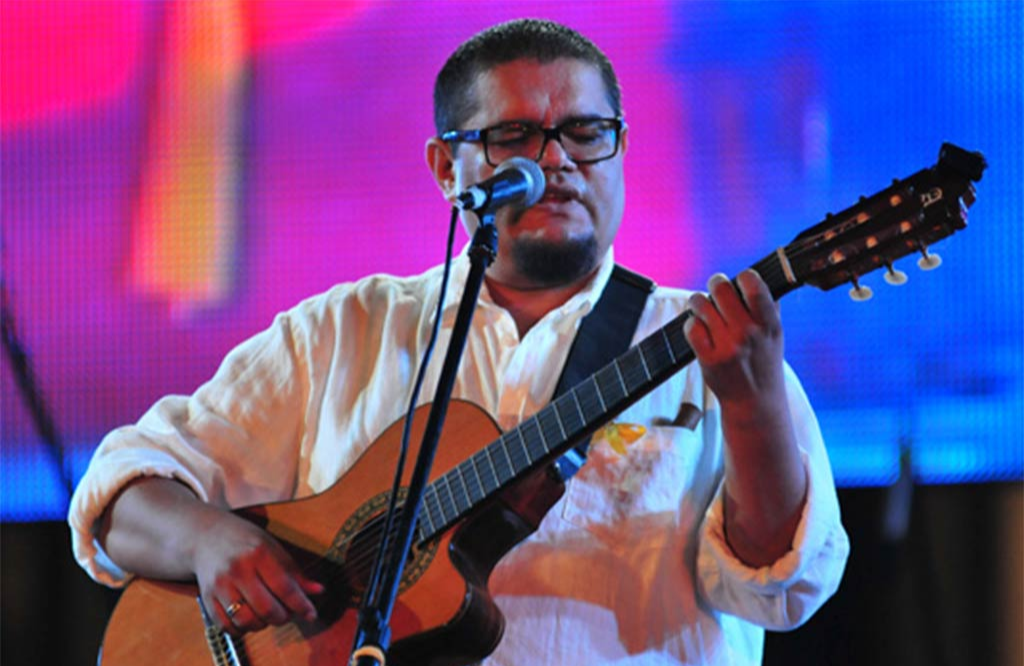
Havana, February 12 (RHC)-- "Cuba mourns Eduardo Sosa," wrote President Miguel Diaz-Canel today, after the death this morning of the popular and prominent troubadour in the eastern city of Guantanamo, victim of a hemorrhagic stroke suffered on February 3rd.
"We have lost the proud son of Tumba Siete, the enthusiastic organizer of the Pepe Sanchez festival, the one who brought back Sindo, Corona, Ñico Saquito and won with his work a place next to them in the pantheon of the greats. May his voice never die," the Cuban president published on his account on the social network X.
The Cuban Ministry of Culture also offered its condolences to family, friends and admirers of the beloved Cuban artist who died at the age of 52.
Born in the municipality of Mayarí, in Santiago de Cuba, Sosa joined the amateur artists movement at the age of 12 and won numerous awards, especially during his time at the University Student Federation, at the Frank País García Higher Pedagogical Institute in Santiago de Cuba, where he graduated with a degree in Musical Education.
He became known throughout the country for his own hits such as: "Mañanitas de montaña", "Retoño del monte", "El son de Contramaestre" and "A mí me gusta, compay", among others, as well as for his musicalization of José Martí's simple verses and his fabulous versions of emblematic themes of Cuban song, among which stands out "La Bayamesa", by Carlos Manuel de Céspedes, José Fornaris and Francisco Castillo.
In parallel with his prolific work as a composer and performer, he developed an arduous task as a cultural manager. For more than ten years he presided over the Organizing Committee of the Pepe Sánchez Trova Festival in Santiago de Cuba, in whose organization he was working at the time of contracting the disease.
During his successful career, he represented Cuba in multiple international events, of a cultural and political nature, in which he shone for his artistic quality and demonstrated his commitment to the Revolution and his solidarity with the noblest causes of other peoples.
(Source: Prensa Latina)

